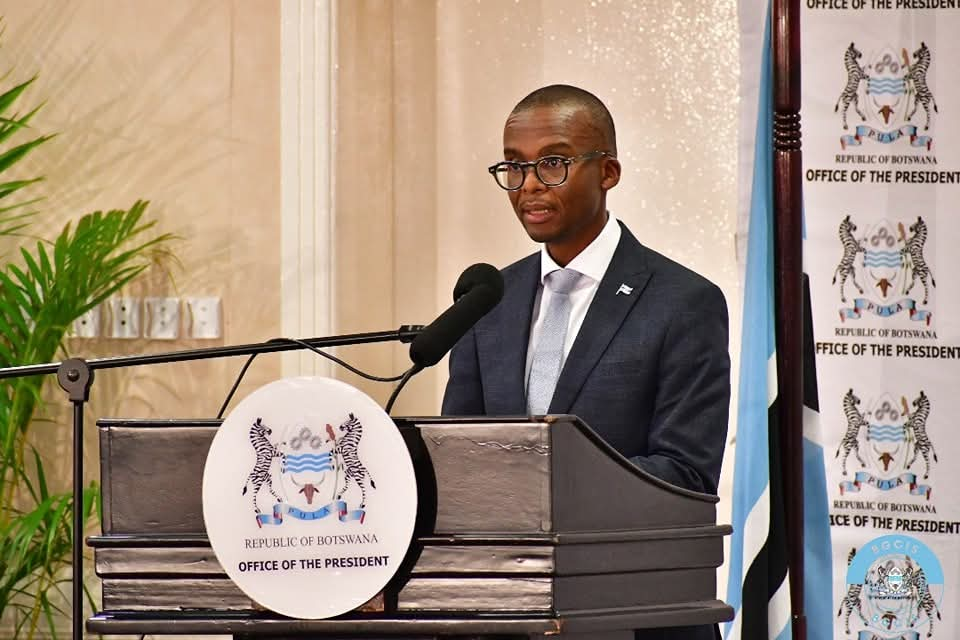In an effort to ensure that the National Budget accurately reflects the developmental needs and priorities of local communities, the Minister of Finance, Mr. Ndaba Gaolatlhe, is hosting the 2025/26 Local Authorities Budget Pitso. This important event will serve as a dynamic platform for local authorities to present their recommendations, share their aspirations, and engage in meaningful dialogue with national policymakers.
A Platform for Local Authorities
The Local Authorities Budget Pitso is designed to provide a space for local government officials, stakeholders, and community leaders to articulate their needs and priorities for the upcoming National Budget. The event will encourage open discussions on a range of topics, from infrastructure development to healthcare, education, and social services. Local authorities will have the opportunity to highlight the specific challenges their communities face and propose strategies for addressing them.
The session is not just a one-way presentation but an interactive engagement that allows for a deeper understanding of how national fiscal policies impact regional development. By gathering input from local authorities, the Minister of Finance aims to ensure that the National Budget is more inclusive, responsive, and tailored to the unique needs of various regions.
Bridging the Gap Between National and Regional Needs
One of the key goals of the 2025/26 Local Authorities Budget Pitso is to bridge the gap between national fiscal strategies and regional needs. Local governments are on the front lines of delivering public services and development projects, and their input is crucial in shaping a budget that is reflective of the country’s diverse communities.
During the event, discussions will focus on aligning national fiscal policies with the aspirations of local communities. This ensures that the developmental priorities at the grassroots level are not overlooked but are incorporated into the national planning process. Local authorities will also have the chance to collaborate with national decision-makers, fostering a more cohesive approach to development across the country.
Reflecting Developmental Aspirations in the National Budget
As Botswana continues to pursue economic growth and development, it is vital that each community’s aspirations are reflected in the National Budget. The Pitso session will focus on ensuring that financial resources are allocated effectively to address the most pressing needs of local communities. From expanding infrastructure to improving education and healthcare, the event will provide a comprehensive overview of the areas that require attention.
By giving local authorities a direct voice in the budgeting process, the government aims to empower communities to take charge of their development. This collaborative approach is expected to create more targeted and impactful investments, ensuring that the National Budget contributes to the long-term growth and prosperity of all regions.
Key Outcomes Expected from the Pitso
The expected outcomes of the 2025/26 Local Authorities Budget Pitso include:
- Enhanced Collaboration: Strengthening the relationship between national government and local authorities, ensuring that both levels of government are aligned in their objectives.
- Informed Budget Allocations: Local authorities will provide invaluable insights into which areas need the most attention, helping national policymakers allocate resources more effectively.
- Sustainable Development: By focusing on the specific needs of local communities, the event aims to promote sustainable, inclusive growth that benefits all sectors of society.
The 2025/26 Local Authorities Budget Pitso hosted by Minister Ndaba Gaolatlhe marks an important step in the development of Botswana’s National Budget. It underscores the government’s commitment to ensuring that regional priorities are taken into account in the national planning process. Through this collaborative platform, local authorities can present their concerns, shape the budget allocations, and contribute to the country’s continued progress toward a more equitable and prosperous future.










